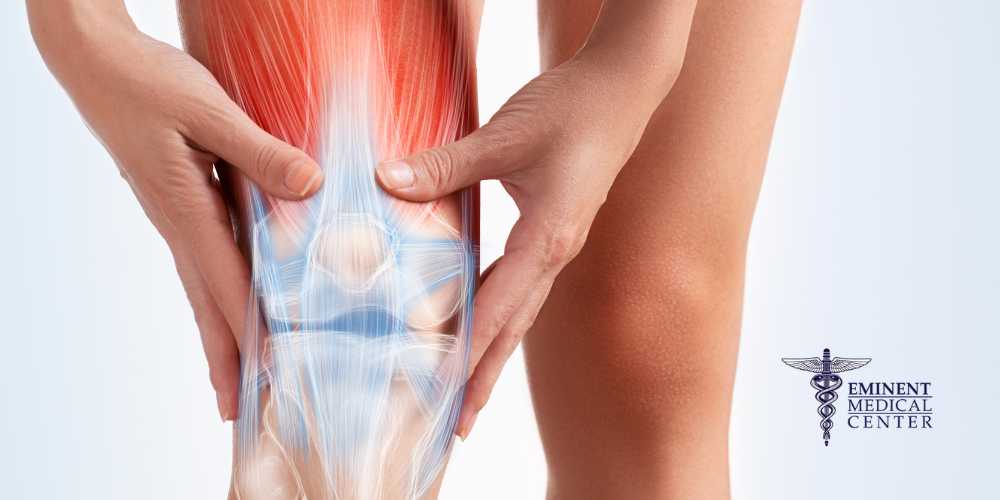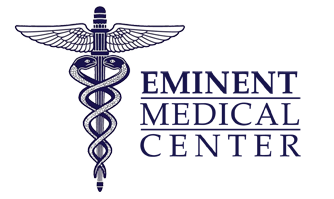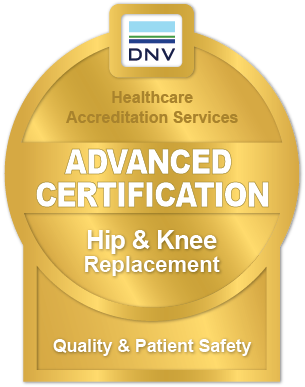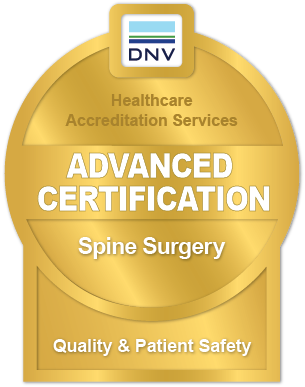The dangers of delaying knee replacement surgery can significantly impact your quality of life, leading to worsened chronic knee pain and further damage to the knee joint. At Eminent Medical Center, patients who undergo knee replacement surgery, whether it’s a total or partial knee replacement, often experience improved mobility and relief from severe pain. This surgical procedure involves replacing damaged areas of the knee joint with artificial components to create a new joint to relieve pain. The risks of delaying knee replacement surgery, a vital procedure for some patients, can result in the progression of your knee condition like post-traumatic arthritis, making it harder to resume normal activities and achieve the full benefits.
If you used to have an active life and want a better quality of life, don’t delay surgery. Consult with your doctor to determine the right time for knee replacement surgery or knee arthroplasty in Richardson or Dallas, TX, to ensure the best outcome.
If you are suffering from chronic pain, contact our surgical facility for Richardson orthopedic surgery at (469) 910-8800 to schedule an appointment with an orthopedic surgeon on our team today.
What Happens If You Wait Too Long for Knee Replacement Surgery?
Many patients suffering from chronic knee pain may avoid seeking treatment for their knees and delay having their knee replaced, often due to concerns about the recovery process, cost, or uncertainty about the surgical procedure. While the tendency to avoid seeking treatment due to extreme stress is understandable, besides chronic knee pain, delaying knee replacement surgery can lead to serious consequences that can cause irreversible damage to your knee joint. Below, our Dallas orthopedic surgeon group explains the risks involved with delaying knee replacement surgery or other treatment.
Increased Pain and Disability
When knee replacement surgery is delayed, the knee joint continues to deteriorate, leading to more severe pain over time. Cartilage wears away, causing increased chronic knee pain and making completing routine tasks and engaging in everyday physical activities like walking, climbing stairs, or even standing more difficult, drastically reducing patients quality of life. Eventually the chronic pain causes some to overuse medications for chronic pain relief.
Excessive Stress to Surrounding Structures
As the knee joint weakens, other body parts must compensate for the bad knee joint. This compensation can lead to problems with the hips, back, and even the other knee. Eventually, this may cause secondary injuries, potentially making the recovery process from knee replacement surgery more difficult.
Risk Injury and Falls
Limited mobility issues can also result in a higher risk of falls and injuries. As the knee joint weakens, it increases the likelihood of accidents during physical activities or everyday activities, such as climbing stairs.
Limited Mobility Leads to Decreased Quality of Life
When chronic knee pain and stiffness in your knee joint creates limited mobility issues, everyday activities can become a challenge. Being unable to live an active life can also lead to social isolation, weight gain, and decreased mental well-being. Eventually, this diminished quality of life can have long-lasting effects on overall health and happiness.
More Complications During Knee Replacement Surgery
The longer you delay surgery on your knee joint, the more likely it is that complications with your knees will arise during the knee replacement surgery or healing process. As the knee joint damage progresses, your knees may require a more complex surgery, increasing the risk of blood clots, infections, or a prolonged recovery. Additionally, if the surrounding muscles and tissues have weakened significantly, post-surgery rehabilitation and physical therapy can be more difficult, potentially leading to a slower healing process.

How Do You Know If You Need a Knee Replacement?
Recognizing when it’s time for knee replacement surgery is key to preventing further knee joint damage and improving your quality of life. While many patients try to manage chronic knee pain by taking pain relief medications or seeing a physical therapist, there comes a point when these treatment options can no longer reduce pain, especially if your doctor has already recommended knee replacement.
Chronic Knee Pain Interferes With Daily Life
If you suffer from chronic knee pain that persists despite rest and at-home treatment, and it begins to interfere with normal activities, it may be a sign that you need knee replacement surgery. When chronic knee pain prevents you from performing routine tasks or maintaining independence, it’s important to consider a long-term solution.
Knee Osteoarthritis or a Chronic Knee Condition
Individuals with advanced knee osteoarthritis or other chronic conditions, such as rheumatoid arthritis or degenerative joint disease) often experience worsening joint damage over time. If your condition causes constant discomfort, swelling, or reduced mobility that doesn’t improve with other treatments, a knee replacement might be necessary to restore function in your knees.
Not Healing After a Knee Injury or Surgical Procedure
Tears, sprains, and other knee injuries like sports injuries can cause damage to your knees. However, with physical therapy, these injuries typically heal over time, allowing your knees to regain strength and function. Additionally, surgeries on the knee joint require time to heal, but should allow the patient to regain knee function within a certain amount of time.
If you’ve suffered from sports injuries or undergone a previous surgery and your knee isn’t healing as expected, it could indicate a need for knee replacement. Lingering pain, stiffness, or instability that doesn’t improve may suggest that the joint is beyond repair through less invasive methods.
Nonsurgical Treatment Options Aren’t Working
When nonsurgical treatments like medications, physical therapy, or injections no longer relieve pain, it may be time to consider knee replacement surgery. If your knee pain continues to worsen despite these interventions, a knee arthroplasty could offer the lasting pain relief that other treatments have failed to offer you.
Types of Knee Replacement Surgery Offered at Our Richardson Orthopedic Surgery Center
At Eminent Medical Center in Richardson, TX, we offer a range of options for knee surgery in Richardson, TX, including various types of knee replacement surgeries to reduce pain for patients. Our orthopedic surgeons specialize in traditional total and partial knee replacements, as well as robotic knee replacements, which use precise technology to improve accuracy and outcomes, typically restoring full or partial knee function, depending on the extent of the knee joint damage.
Mako Total Knee Replacement Surgery
We are proud to offer Mako total knee replacement in Richardson, TX, and beyond. This innovative knee arthroplasty procedure combines the expertise of our skilled surgeons with the precision of smart robotic technology.
Throughout the knee replacement surgery, our Richardson Mako smart robotics surgeons remain in full control of the Stryker Mako robotic arm, which prevents the surgeon from deviating outside of the pre-planned surgical area. This allows for a more accurate approach, reducing the risk of complications and promoting a faster, more comfortable recovery process.
Mako Partial Knee Replacement Surgery
We also offer Mako partial knee replacement in Richardson, TX. This advanced procedure is ideal for those who have damage limited to a specific part of their knee joint. Just like with total knee replacement surgery, an experienced orthopedic surgeon controls the robotic arm throughout the entire surgery.
The Stryker Mako system enhances precision for the minimally invasive procedure, leading to faster recovery and better outcomes for our patients.

Don’t Delay Knee Replacement Surgery: Call Eminent Medical Center in Richardson and Dallas, TX
If you’ve been living with chronic knee pain, don’t delay having knee replacement surgery. The risks of delaying knee surgery aren’t worth the higher risk of damaging your overall health. The risks of delaying knee replacement surgery far outweigh the risks of the actual surgery, and you will likely need joint replacement at some point down the road, anyway.
Don’t let knee pain control you or limit your everyday activities. At Eminent Medical Center, we’re committed to helping you overcome your mobility issues through advanced total joint surgery in Richardson and Dallas, TX. Our team of experienced orthopedic surgeons is equipped with the latest technology, including Stryker Mako robotic surgery, to ensure precision and optimal results.
Whether you need a partial or total knee replacement, we’re here to guide you toward a life free from debilitating knee pain. Call (469) 910-8800 or contact us via our website to schedule an appointment with a medical professional on our team.







